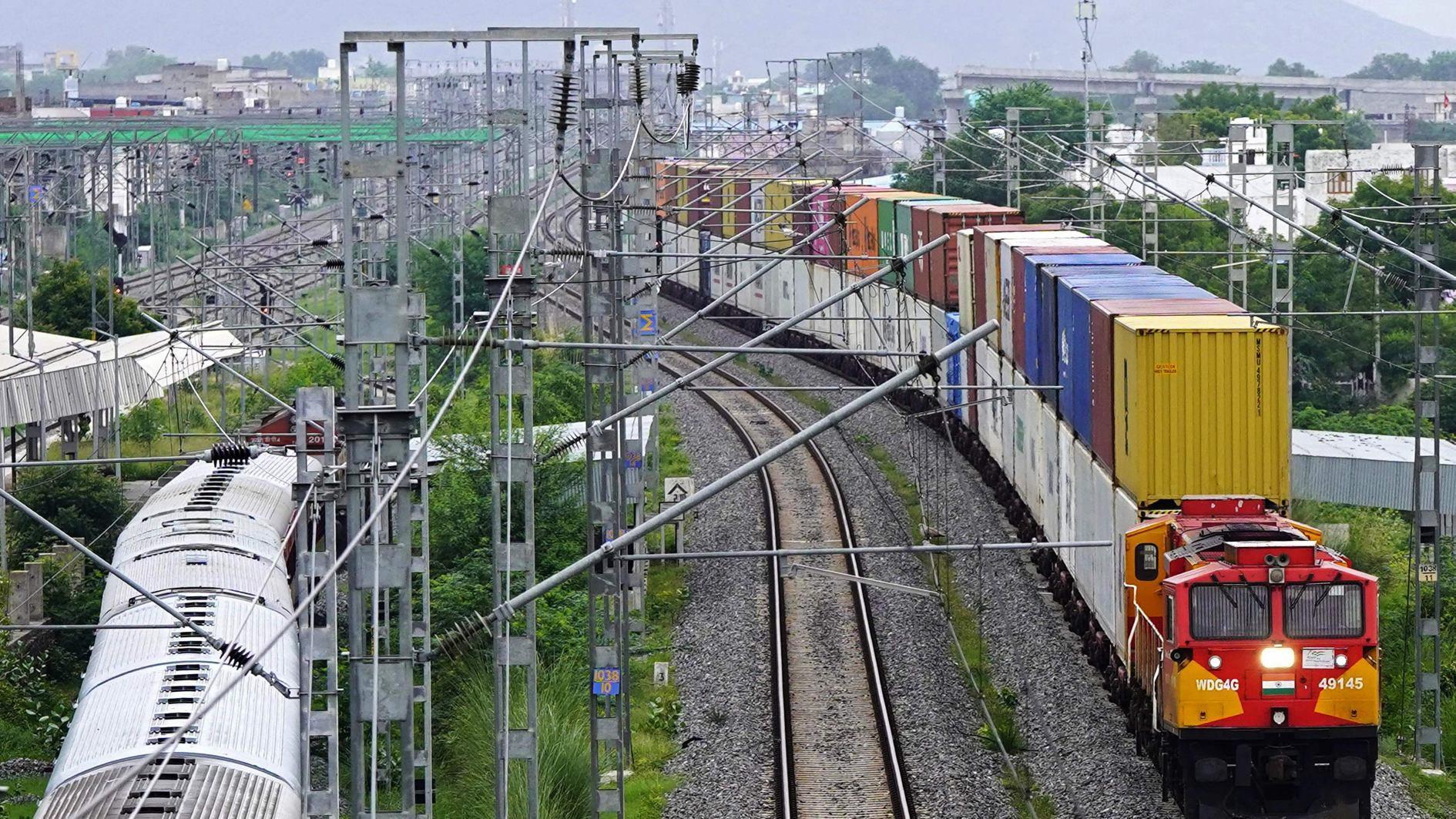
U.S. President Donald Trump's decision to slap harsh tariffs on Indian exports and a "penalty" on purchases of Russian weapons and energy will cost thousands of jobs and could fundamentally change the nature of bilateral ties, experts have said.
Months of negotiations between the two countries over an interim trade deal had stalled in recent weeks over Trump's sweeping demands and New Delhi's reluctance to fully open its agricultural and dairy sectors to U.S. imports.
On July 30, two days before the deadline for the reintroduction of Trump's so-called "reciprocal tariffs," the U.S. president announced that Indian shipments to the United States would be hit with a 25 percent tariff.
He added that an unspecified "penalty" for acquiring military equipment and oil from Russia would also kick in from Aug. 1.
Indian goods exports to the United States amounted to $87.4 billion in 2024, with top sectors including pharmaceuticals, gems, textiles and smartphones.
Trump's targeting of India with such a high rate of levies would complicate ongoing negotiations for a more comprehensive trade agreement, said Biswajit Dhar, of the Council for Social Development think tank.
"It was already a difficult set of negotiations, but both sides said we were making progress. And there was no hard and fast deadline," he said, referring to previous dates for the imposition of his tariffs that Trump had extended unilaterally.
Dhar added that Trump's threatened "penalty" for India's ties with Russia was "completely unacceptable for a sovereign state."
Analysts warned that U.S.-India relations may be entering new territory, after years of warming as Washington has cultivated New Delhi as a counterweight to rising Chinese power.
"Trump's messaging has damaged many years of careful, bipartisan nurturing of the U.S.-India partnership in both capitals," said Ashok Malik, of business consultancy The Asia Group, in a social media post.
"Politically the relationship is in its toughest spot since the mid-1990s."
Praveen Donthi of the International Crisis Group said the announcement underscored the fact that Trump did not "differentiate between friends and foes when it comes to tariffs."
"In the past when India purchased S400 missile system from Russia, there were no sanctions because of the bipartisan consensus that existed in the U.S. about India because of its value as a democratic counterweight to China.
"But now that's gone."
The move could have far-reaching consequences, including seeing New Delhi attempt "to mend its relations with Beijing," he said.
Meanwhile, Trump said on July 30 that the U.S. will impose a 15 percent tariff on imports from South Korea, as he touted a "full and complete trade deal" between the two countries.
He, however, warned yesterday that Canada's support for Palestinian statehood makes a trade deal with Ottawa "very hard.”
"Wow! Canada has just announced that it is backing statehood for Palestine. That will make it very hard for us to make a Trade Deal with them. Oh' Canada!!!" Trump wrote on Truth Social.